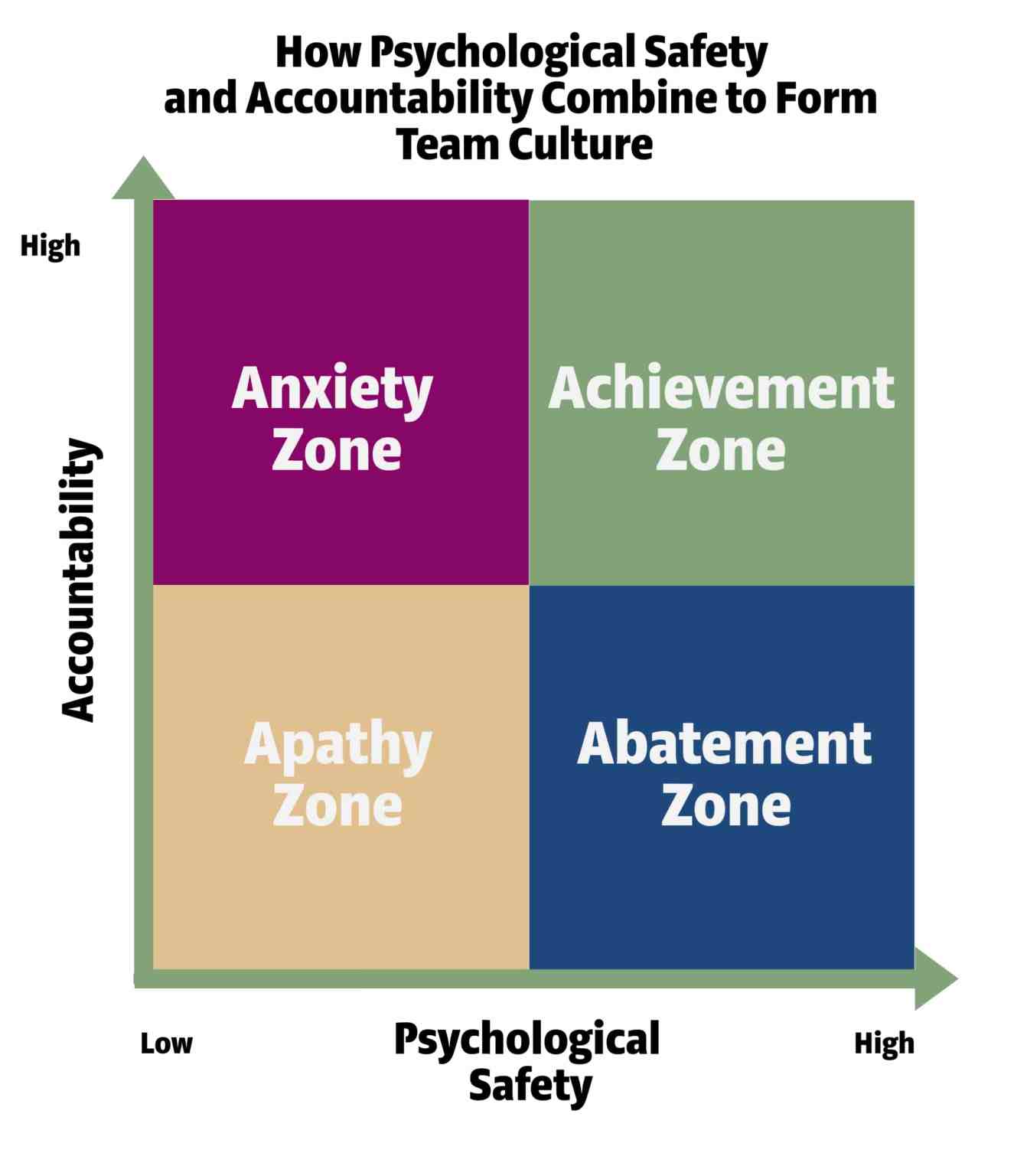100.png?width=2835&height=1843&name=The%20Integrated%20Trust%20Building%20System%20(colour)100.png)
4 min read
3 Significant Focus Areas to Boost Your Team Performance
Trust and leadership are inextricably linked. In both good and bad times, employees subconsciously evaluate their leaders to see that they are worthy of their trust.
Read MoreDevelop leaders, strengthen executive teams and gain deep insights with assessments designed to accelerate trust and performance.

Transform how your leaders think and perform with keynotes that spark connection, trust and high-performance cultures.

Explore practical tools, thought-leadership and resources to help you build trusted, high-performing teams.

Trustologie® is a leadership development consultancy founded by Marie-Claire Ross, specialising in helping executives and managers build high-trust, high-performing teams.

Insights for leaders who know leadership isn’t about doing more. It’s about who you are being.
100.png?width=2835&height=1843&name=The%20Integrated%20Trust%20Building%20System%20(colour)100.png)
4 min read
Trust and leadership are inextricably linked. In both good and bad times, employees subconsciously evaluate their leaders to see that they are worthy of their trust.
Read More
4 min read
Over the last couple of years, record numbers of people have left their jobs around the world. Stress, burnout, toxic workplaces cultures and...

5 min read
According to research by Dr Amy Edmondson, a Harvard Professor, a combination of psychological safety and high standards is vital for teams to reach...

6 min read
As we head into a new year with new goals and expectations, you might be finding that you are tasked with some stiff challenges with leading your...
-1.jpg?width=3947&height=2219&name=3-Types-of-Forces-that-Impact-Trust%20(2)-1.jpg)
5 min read
The last couple of years have seen remarkable turbulence in both the global economy and workforces. The impact of COVID is still continuing to...

6 min read
As human beings, we are biologically programmed to want to be with people and work together, as we instinctively know it helps our survival. Yet,...

4 min read
The last couple of years have been exhausting. Throw in a pandemic, home schooling, managing COVID outbreaks (and that's just within your own...

5 min read
We all know the world of work is undergoing profound changes. What makes change difficult is that organisations, and leaders, are still applying a...
-1.jpg?width=6970&height=5445&name=Trusted-and-Not-Trusted-IF-Frame%20(1)-1.jpg)
2 min read
As human beings we all know how wonderful it feels to be trusted by your leader. Being able to trust your boss and being trusted is always rated in...

4 min read
According to a Gartner study, only 24% of hybrid and remote knowledge workers report feeling connected to their organisation’s culture.